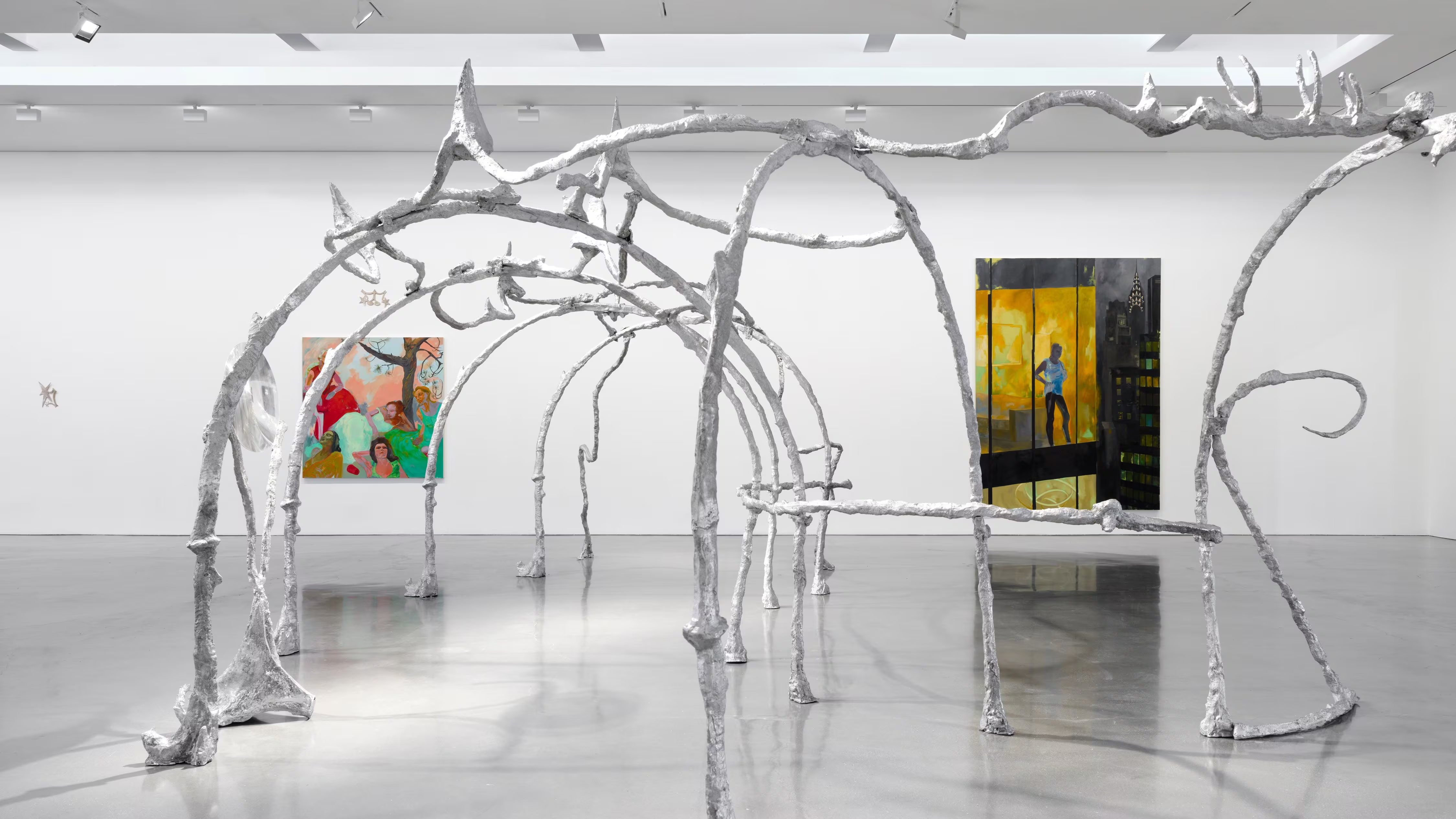Antonio D’Angelo oversees all of Giorgio Armani’s culinary empire, including Nobu Milano. When Covid-19 put a halt to importing produce from Asia, the executive chef decided to take matters into his own hands, opening his own wasabi farm in Northern Italy of all places.

Wearing a wide, radiant smile, head-to-toe work-wear, and a pair of muddy rubber boots, Antonio D’Angelo is in his element in the sprawling countryside of the Brescian province, situated a little under one-and-a-half-hours’ drive from frenetic Milan. It’s a far cry from the sophisticated rooftop bars and effortlessly elegant outfits constellating the Italian fashion capital the chef is used to, but an idyllic one nevertheless. Born in Naples, D’Angelo first set foot in the kitchen of Giorgio Armani’s iconic restaurant Nobu Milano in 2004, patiently working his way up the ladder to the role of executive chef, which he has now filled for the last 14 years.
On a frosty mid December morning, D’Angelo happily welcomes us into l'Orto di Mimì, his independently run, organic farm dedicated to the growing of Japanese and Italian vegetables. Named after his father, Domenico, or, simply “Mimì,” the expansive, 10-acre garden is a fruit of the pandemic: a moment of stagnation that D’Angelo took as an opportunity to transform a long-shelved wish into a thriving reality. “Agriculture has given me so much,” the chef says. “When I am here, my mind resets, opening up to possibilities.”
.avif)
D’Angelo purchased the terrain in 2017 with the idea of creating his own olive grove. Dotted with 110 trees, the orchard is emblematic of his dedication to the land, but it was his love of Japanese cuisine— specifically, of its key ingredients—that was central in shaping its vision. “With the import of wasabi disrupted by the pandemic,” he says, “both its cost and the waiting time to receive it skyrocketed, while the quality decreased.” Joining forces with his friend, the food technologist Andrea Tessadrelli, D’Angelo was compelled to find a solution.
Springing out of water-soaked rocks, every wasabi plant takes up to two years to reach its full size, the chef explains. A spicy staple of Nipponic food culture, the root is more than a superfluous garnish; it is the heart and soul of Japan’s cuisine.

Powered by a hydroponic greenhouse, l’Orto di Mimì’s harvest is a seasonal, symbolic encounter between Asian and Italian traditions. Here, “wasabi, shiso, shishito, and shiitake mushrooms, as well as edamame, negi, and mizuna, are grown responsibly side by side with tomatoes, courgettes, fennel, aubergines, and other vegetables representative of Italy’s biodiversity,” the chef elaborates. As he shows us around his rural haven, D’Angelo stops to pull out unwanted weeds from the ground, caress its animal inhabitants, and check for new growth. “We should all take a step back and return to the source,” he says of his wishes for the future of the culinary industry. Judging by his farm, D’Angelo is already setting an example.









.avif)








.avif)


_result_result.avif)



.avif)

_result_result.avif)

_result_result.avif)
.avif)

_result_result.avif)


_result_result.avif)


.avif)




.webp)

.avif)















%20(1).avif)
.avif)




.avif)














.avif)


.avif)





















.jpeg)

.avif)

_11%20x%2014%20inches%20(2).jpg)







.avif)

.jpg)

%20(1).jpg)
.avif)
.jpg)

.jpg)
.webp)


.webp)



.webp)


.webp)


.avif)












.avif)
.avif)




.avif)












.avif)



.avif)




















-min_result.avif)









.avif)







3_result.avif)
_result.avif)






_result.avif)




.avif)




.avif)













_result.avif)




%2520(1)_result.avif)
_result.avif)


_result.avif)
.avif)

.avif)







.avif)

.avif)










.avif)



.avif)


_result_result.avif)
















-min_result.avif)






.avif)
.jpg)
















_result.avif)

.avif)


.avif)







.avif)





.avif)

_result.avif)



.avif)







.avif)









.avif)


.avif)














.avif)




.avif)








.avif)

.avif)

.avif)



.avif)


.avif)




.avif)

.avif)

.avif)
.avif)
%20(1).avif)
.jpg)

%20(1).avif)








.avif)
.avif)

.avif)






.avif)


.avif)
.avif)



.avif)
.avif)


















.avif)
.avif)
